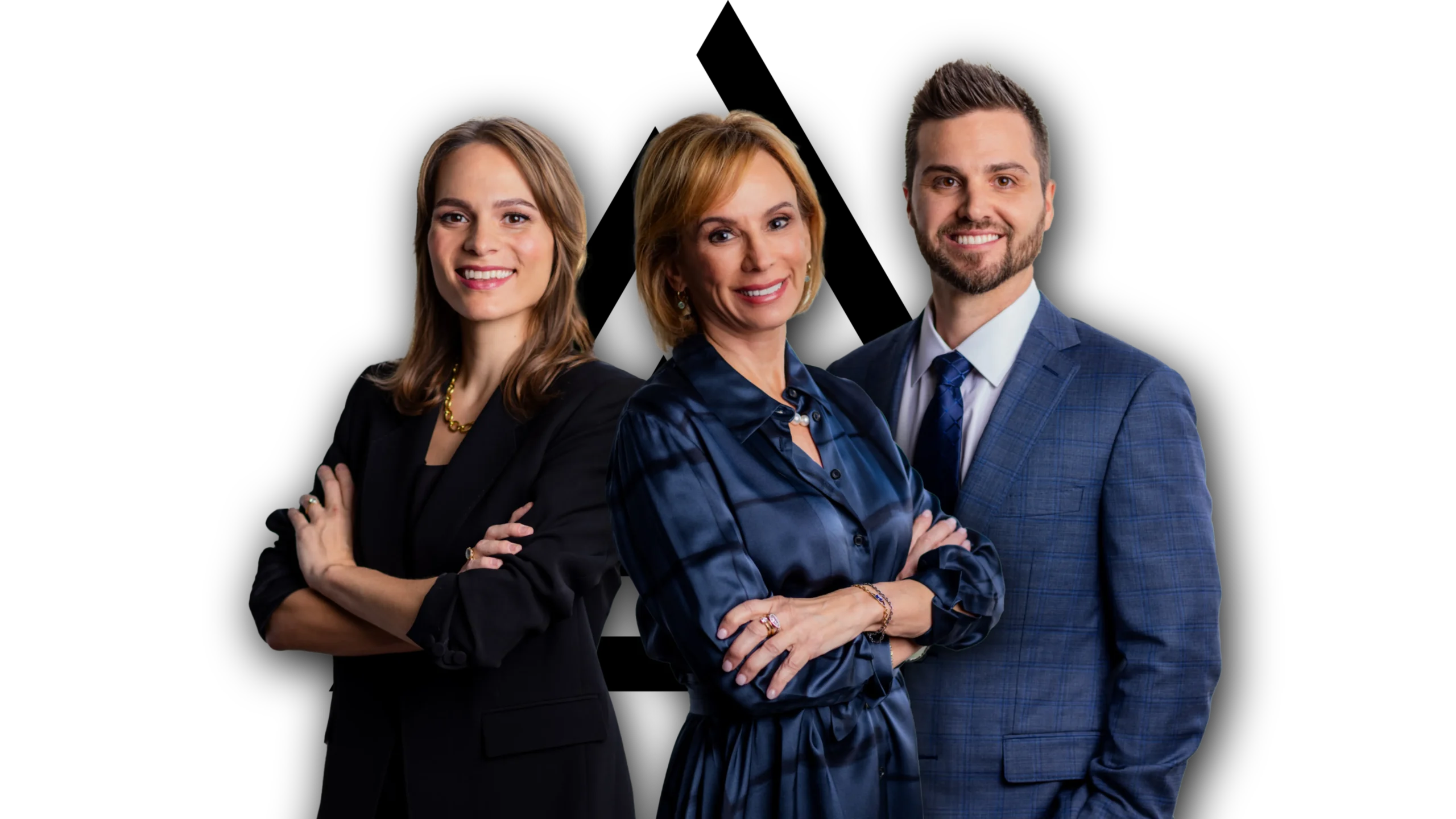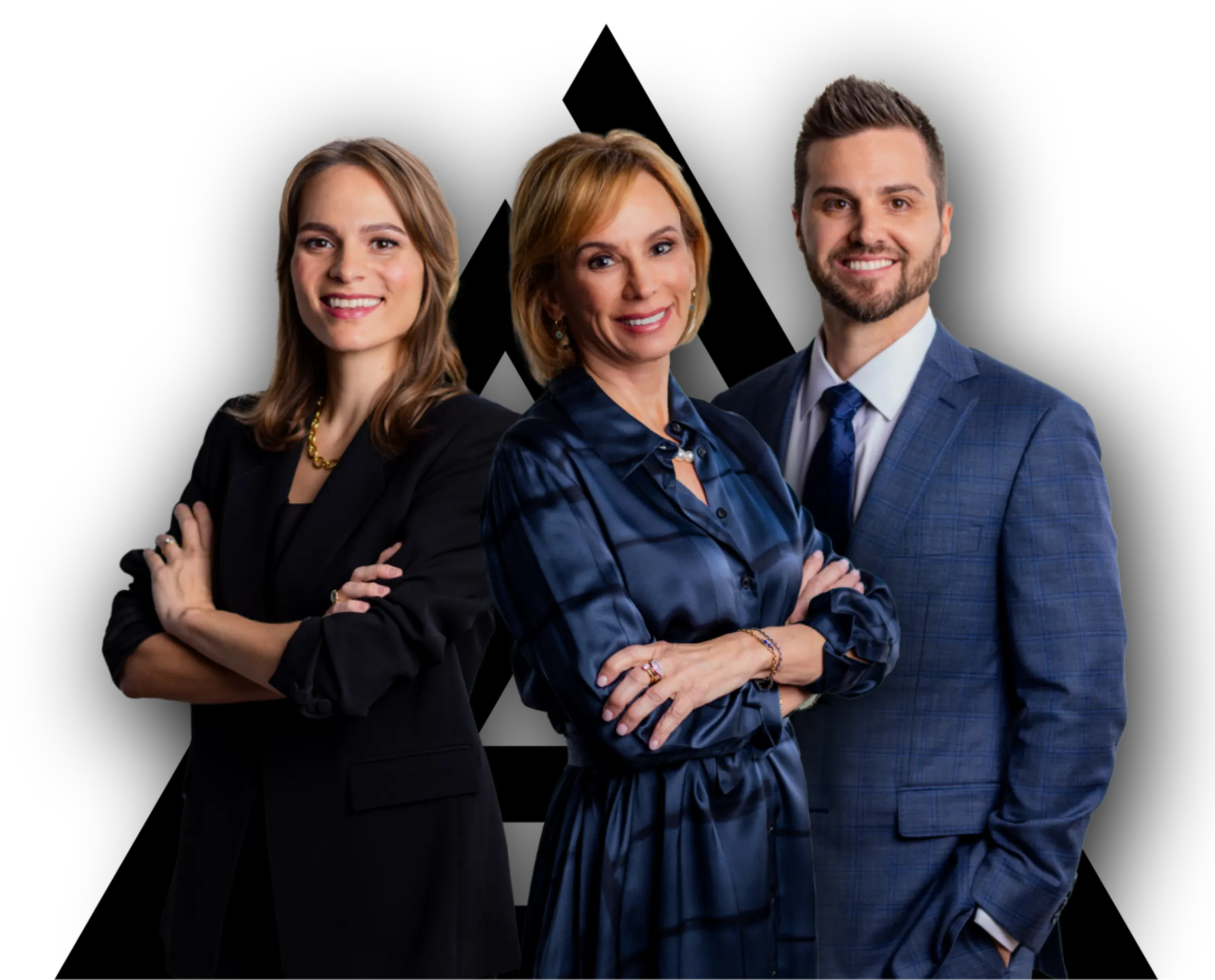When a baby is diagnosed with Erb’s palsy after birth, it can leave parents feeling worried, confused, and searching for answers. Erb’s palsy is a type of brachial plexus injury that occurs when the nerves near the baby’s neck are stretched during delivery, affecting movement and sensation in the shoulder, arm, or hand.
At Aldous Law, we help Texas families understand what happened during birth, what medical care their child may need, and what legal options are available to seek justice and compensation.
What Causes Erb’s Palsy at Birth?
Erb’s palsy usually develops when a baby’s shoulder or neck is injured during delivery. Some of the most common causes include shoulder dystocia (when the shoulder gets stuck), excessive pulling on the baby’s head or neck, improper use of forceps or vacuum extractors, or delays in performing a C-section when it’s medically necessary. When medical professionals fail to act quickly or safely, the risk of nerve damage increases — and in some cases, the injury could have been prevented with proper care.
Signs and Symptoms Parents Should Look For
Parents may notice symptoms shortly after birth. Watch for:
-
One arm hanging limply or rotated inward
-
Trouble moving the affected arm or shoulder
-
Weak grip on the affected side
If you see these signs, seek immediate medical evaluation. Early treatment — including physical therapy — can improve recovery. In more severe cases, surgery may be necessary to repair torn nerves.
Long-Term Impact of Erb’s Palsy
Some children recover fully, but others may face lifelong challenges. Limited range of motion, weakness, or abnormal arm positioning can affect everything from basic daily activities to sports participation later in life. For severe cases, muscle contractures or chronic pain may develop.
Because the long-term effects can be significant, it’s important to document your child’s diagnosis, progress, and medical needs. This documentation becomes valuable evidence if you pursue a legal claim.
Your Legal Rights After Erb’s Palsy in Texas
If medical negligence contributed to your child’s injury, you may be entitled to compensation under Texas law. Families can recover damages for:
-
Past and future medical care, therapy, and rehabilitation
-
Surgeries or assistive devices needed for recovery
-
Emotional distress and pain caused by the injury
Texas has strict deadlines (statutes of limitations) for medical malpractice cases, so it’s important to act quickly. We review your case, gather evidence, and fight to protect your child’s future.
How We Handle Erb’s Palsy Birth Injury Cases
We know how overwhelming a birth injury case can feel while you’re focused on your child’s care. When you work with us, we take on the legal burden so you can focus on your family. We carefully review medical records, consult with pediatric and neurological experts, and build a case that reflects both your child’s current needs and their future challenges. We negotiate with hospitals and insurance companies on your behalf — and if they refuse to offer fair compensation, we are ready to take your case to trial.
Our goal is simple: to secure the resources that will help your child live the fullest life possible.
Talk to a Texas Birth Injury Lawyer About Your Child’s Case
If your child was diagnosed with Erb’s palsy after birth, you have the right to seek answers and explore legal options. At Aldous Law, we work closely with families across Texas to pursue justice and hold negligent medical providers accountable. Call us today to schedule a free consultation and learn how we can help protect your child’s future.
FAQs About Erb’s Palsy Birth Injury Claims in Texas
What is the statute of limitations for an Erb’s palsy claim in Texas?
In most cases, you have two years from the date of the injury to file a medical malpractice claim. Some exceptions may apply, especially for minors, so it’s best to speak with a lawyer as soon as possible.
How do I know if my child’s Erb’s palsy was caused by medical negligence?
We review delivery records, fetal monitoring data, and other medical documentation to determine if mistakes were made during labor or delivery that led to the injury.
Can compensation cover future medical needs?
Yes. A successful claim can include future physical therapy, surgeries, adaptive equipment, and other long-term needs.
Do I have to go to court?
Not necessarily. Many birth injury cases are resolved through settlement. We handle negotiations for you and will go to trial only if it’s necessary to pursue fair compensation.










